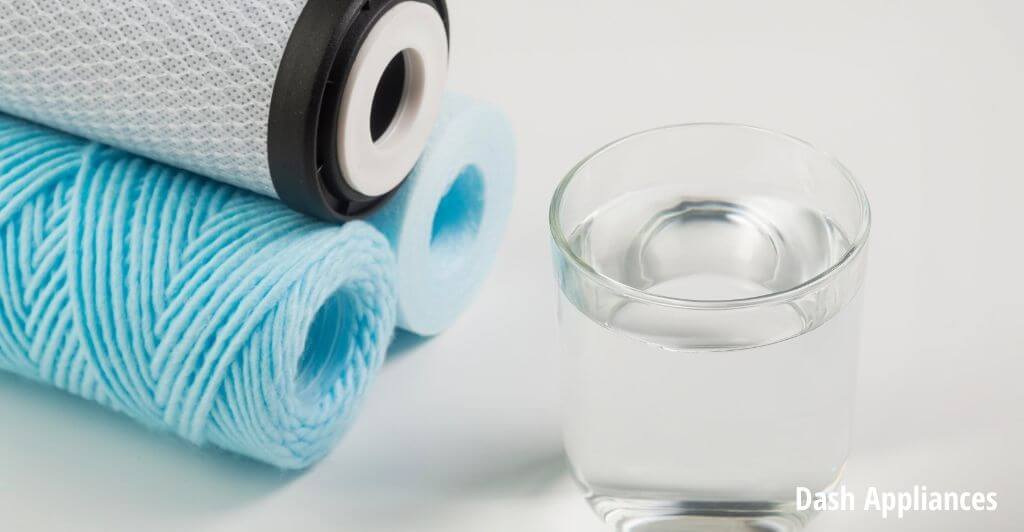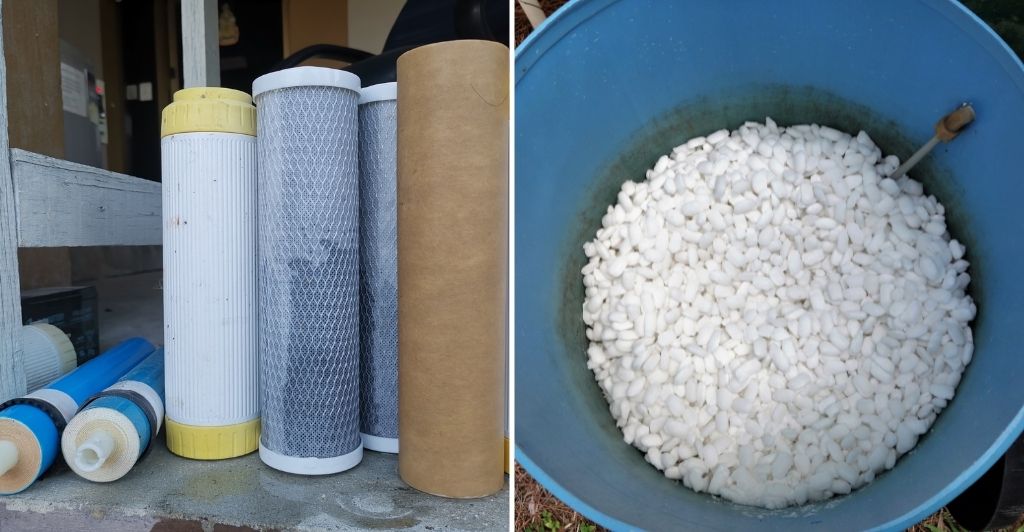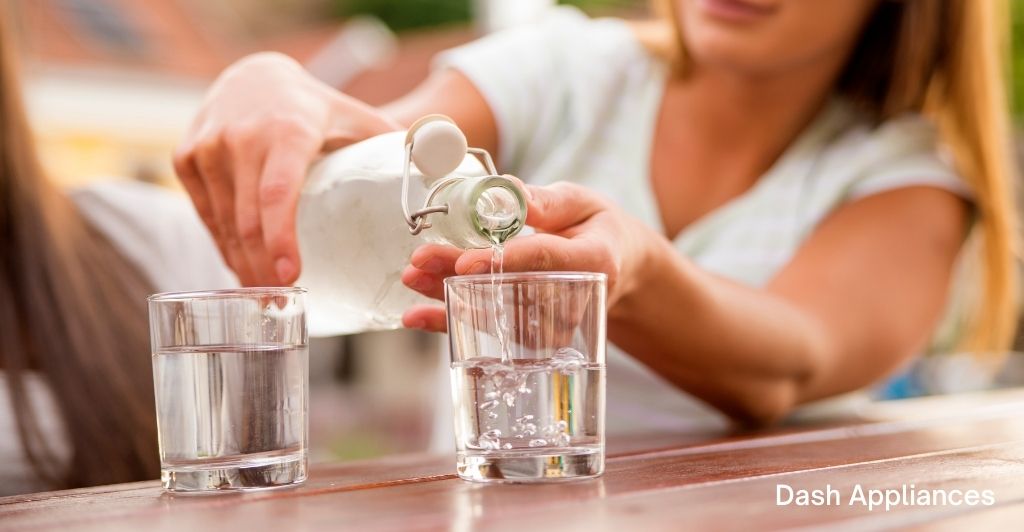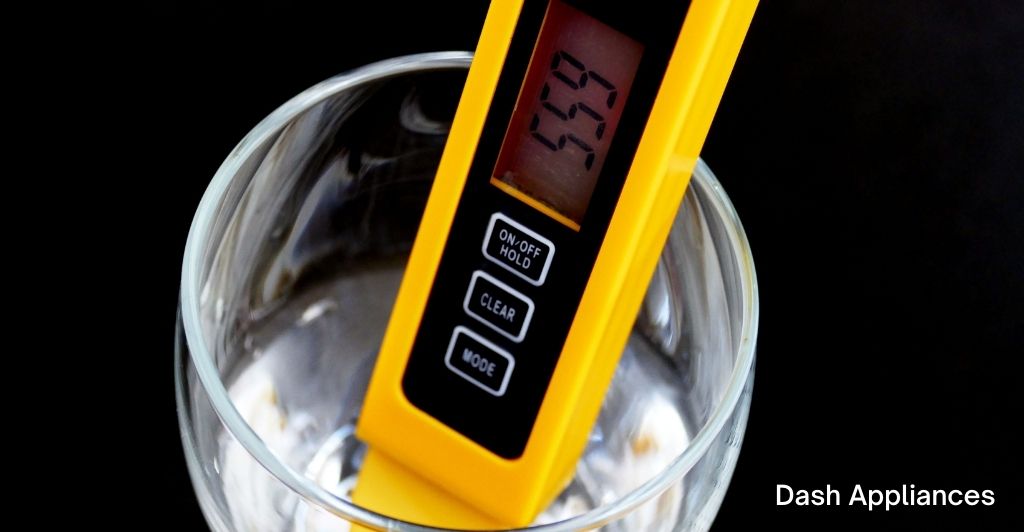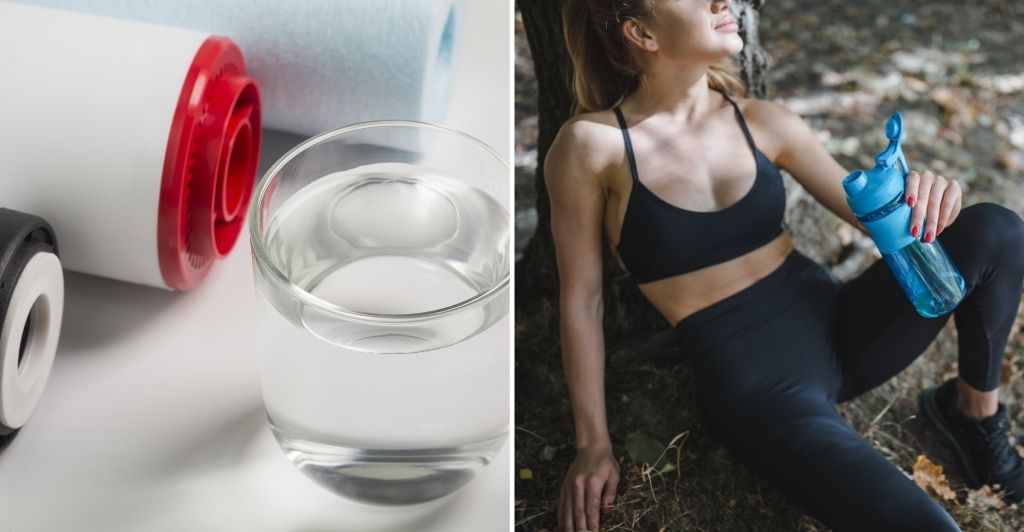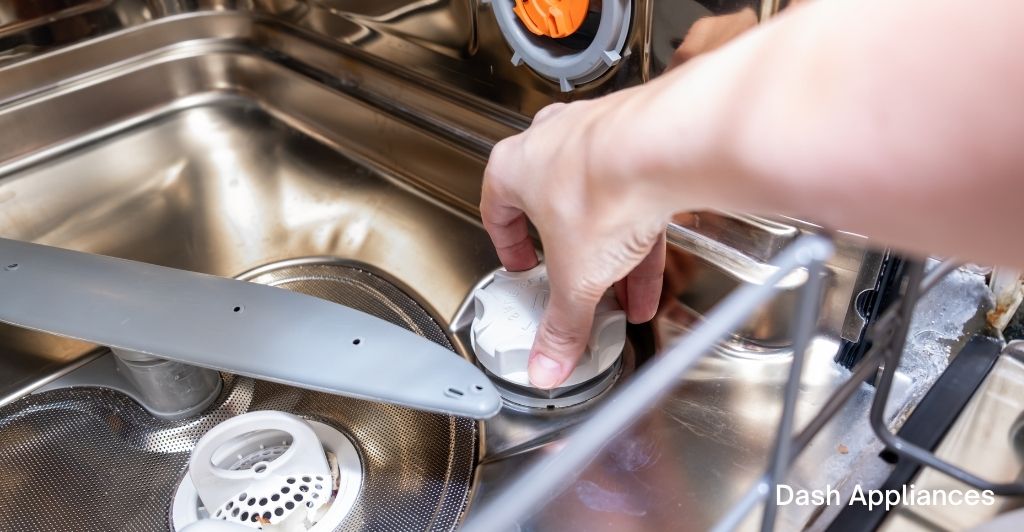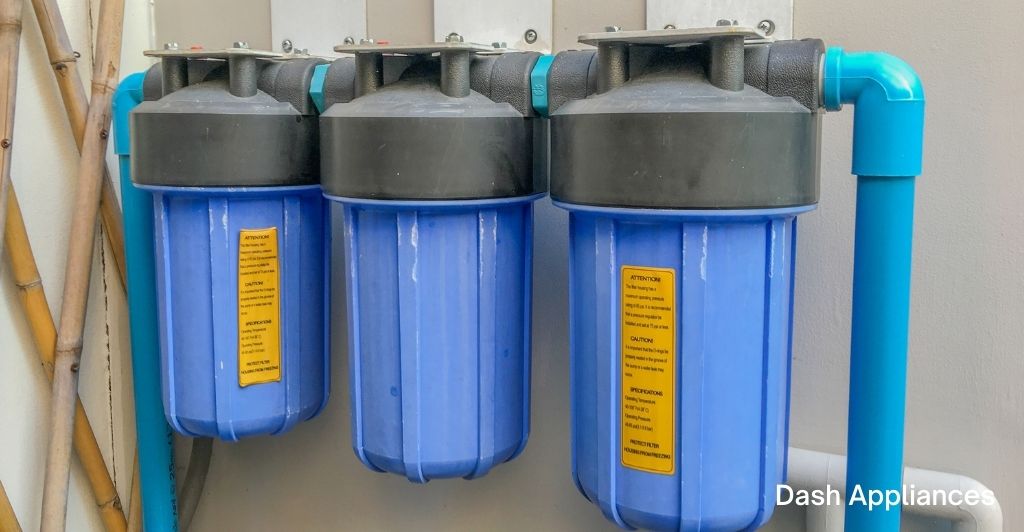The terms hard water and soft water often get used by people around us, but do you really know what they mean? When the plumbing system of your house contains calcium and magnesium, that’s when hard water enters the scenario. These minerals are not unhealthy.
However, they can be the root cause of several issues and they can further impact the quality of life you lead in terms of your plumbing system’s health.
Below, we will talk about the meaning of hard water and soft water, and then we will move towards clearing several other concepts about how does water softener work…
What Is Hard Water?
To put it in simple words, hard water comes with more minerals in comparison with normal water. The two major minerals which make water hard are:
- magnesium
- Calcium
With an increase in the quantity of these minerals being dissolved in the water, the water’s hardness keeps increasing. The two of these minerals are known to be positively charged ions, and whenever they are present, they make it difficult for other +vely charged ions to dissolve.
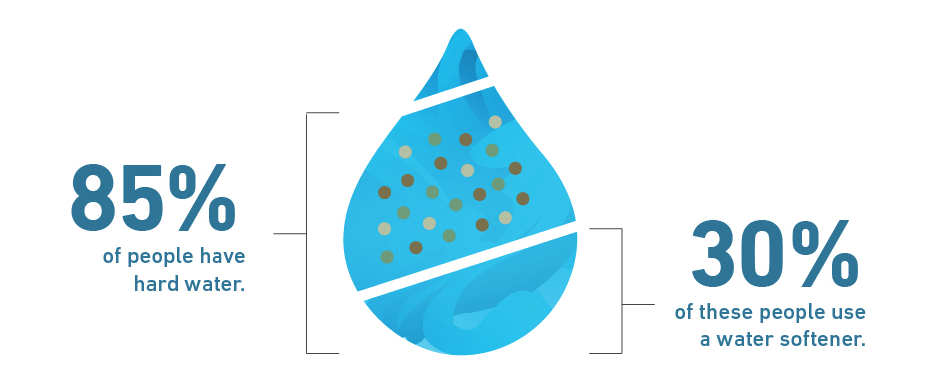
This is the reason why it becomes difficult for soap to get dissolved in hard water.
What is a water softener?
A water softener is nothing but a unit that works in order to get rid of all the minerals which result in the hardness of the water.
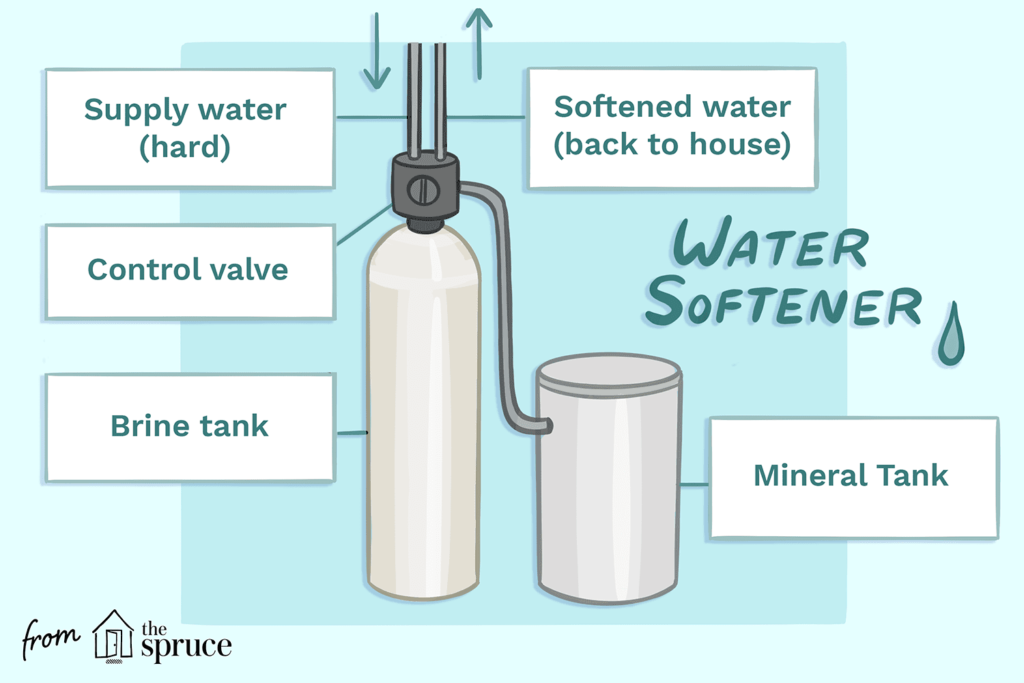
Hard water is a problem that is known to be faced by many homeowners and it can damage appliances, result in soap scum which can be seen in washrooms and kitchens, and it also leads to dry skin as well as hair.
Water softeners play a crucial role as they save your appliances from being ruined, save your time as you don’t end up cleaning soap scum, and protect your skin and hair from dryness.
How Does Water Softener Work?
A process known as ion exchange is used by water softeners through which the softeners ensure that magnesium and calcium get eliminated from your water.
Once the hard water reaches the mineral tank, it goes through a bed created by resin beads. These beads are made using polystyrene and they are charged with a negatively charged ion called sodium ion, further making them anions.
As we have learned that opposites attract, these resin beads grasp all the mineral ions, further ensuring that they get removed from the water as it passes through the bed. Therefore, the hard water which entered the mineral tank flows out in the form of soft water.
How Do I Know If I Have Hard Water?
There are several indicators that tell you about the existence of hard water. You have hard water if you come across any of these signs:
- Faucets have white scaling.
- There is soap scum on sinks as well as tubs in your kitchens or bathrooms.
- Your whites appear dingy when they come from the laundry.
- You find mineral residue sitting on your glassware and dishes.
- Your skin and hair are getting dry.
- The lather is not being created when detergent is mixed with water.
- It takes longer for water to heat.
Water Hardness Scale
Hardness in water is caused by compounds of calcium and magnesium, and some other metals. General guidelines of water hardness classification are listed below for your reference:
| Grains/Gal | mg/L & ppm | Classification |
| Less than 1 | Less than 17.1 | Soft |
| 1 – 3.5 | 17.1 – 60 | Slightly Hard |
| 3.5 – 7 | 60 – 120 | Moderately Hard |
| 7 – 10 | 120 – 180 | Hard |
| Over 10 | Over 180 | Very Hard |
Note: mg/L refers to milligrams per liter and ppm refers to parts per million.
Problems Caused by Excessively Hard Water
If you continue to use hard water, the buildup of minerals can cause heavy damages and it can further lead to huge expenses. Hard water can cause several problems including:
1. The buildup of Scale on Appliances
If you are experiencing mineral deposits on your showerheads, faucets, or other appliances, then this sight is not only sore for the eyes, but the residue can also cause your water to taste bad.
2. Your Water is Making Your Skin And Hair Very Dry
As hard water comes with excessive amounts of magnesium and calcium in it, using it on your skin while taking shower or washing your head can make your skin feel dry and your hair slimy.
This is because hard water does not have the capabilities of nourishing your hair or skin, and as a result when you dry them, your skin is left feeling chapped and it leaves your hair feeling brittle.
3. Clothes: Where’s The Shine?
Hard water does not leave your clothes washer as well. Hard water is the reason why your clothes fade rapidly and why they keep losing color.
Hard water can also make a piece of clothing feel scratchy. This is because hard water contains excessive amounts of mineral substance.
4. Plumbing Repairs All Day Everyday
Hard water can affect your steel pipes instantly. The minerals easily buildup in steel pipes and hence, they get damaged, further impacting the flow of water.
Not only that, but it also leads to corrosion of pipes and several other problems follow. This further results in frequent calls made to the pipe repairers and drain cleaners and it not only exhausts you, but it is also heavy for your pocket.
5. Water Bills Experience A Spike
When magnesium and calcium continue to build up in the pipes, the plumbing system is forced to work harder in order to allow the water to flow. This leads to a new set of problems such as cracked pipes or leakage. No matter how small the leak is, it still leads to loss of gallons of water in a long period and it further leads to a spike in your water bills.
Do You Need a Water Softener?
In case you are facing problems such as stiff laundry, dry hair, dry skin, and frequent bills consisting of appliance repairs, then the answer to your question will be yes! You need a water softener.
Hard Water does not turn into soft water by itself. Moreover, it comes bearing a lot of costs as your appliances start demanding frequent repairs, and your skin and hair get dry.
You will continue to face all such issues without a water softener, and hence, we suggest you to get a water softener before it gets too late, and costs you hefty amounts of money.
Conclusion
In this study, we cleared your concepts regarding the meaning of hard water and how it impacts your life. Then, we talked about soft water, water softeners, how they work, and everything that comes with it. We hope all your questions were answered and that your concepts were thoroughly cleared.
